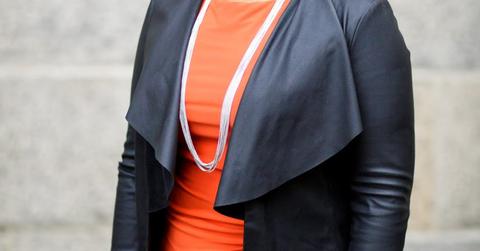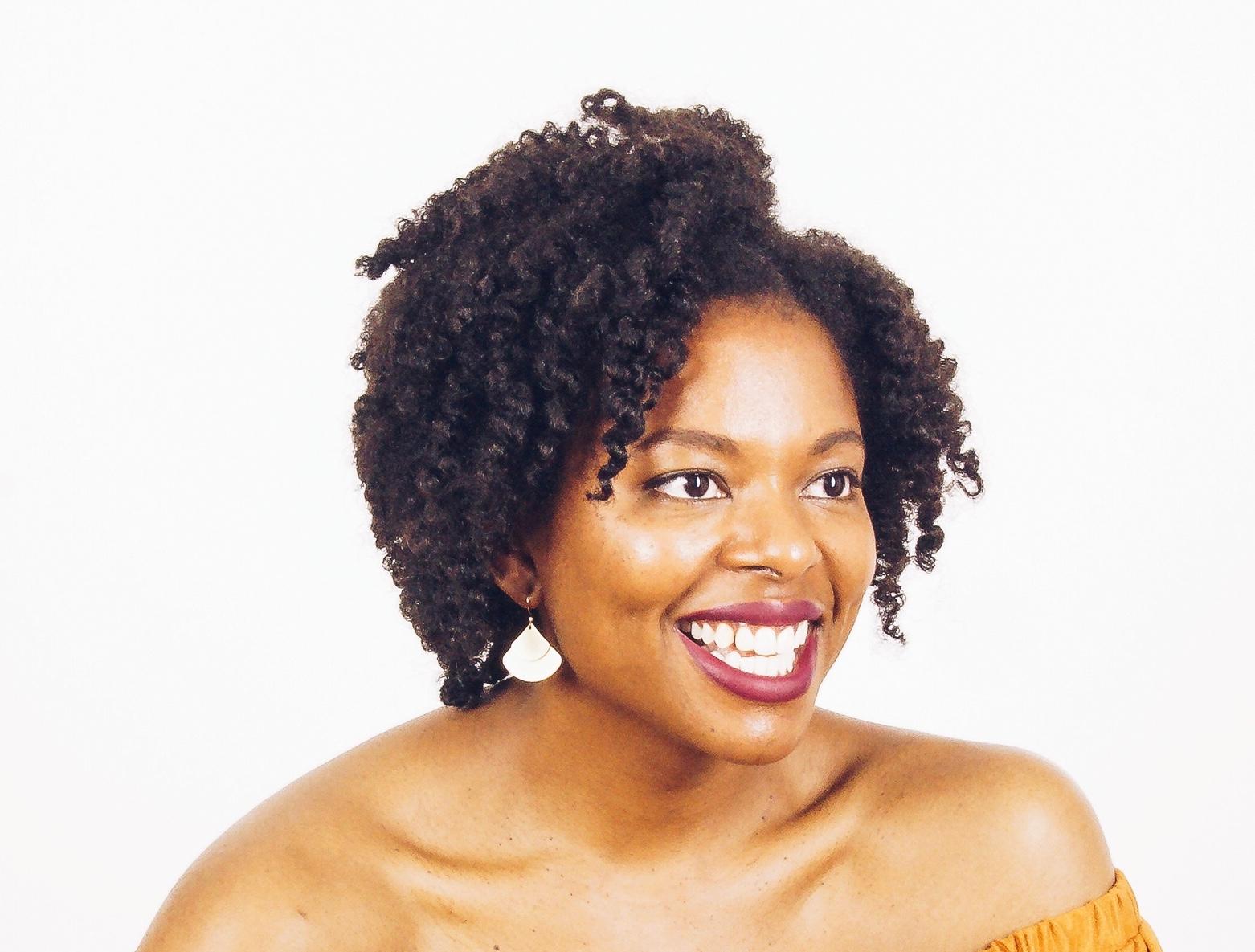Judith Browne Dianis is a civil rights attorney, activist and Executive Director of the Advancement Project, a multi-racial civil rights organization based in Washington DC. Judith has been involved with the Advancement Project since its inception in 1999. Judith helped start the Advancement Project’s Voter Protection program and is considered a pioneer in the movement to dismantle the school-to-prison pipeline.
In celebration of the 20th anniversary of the Advancement Project, Her Agenda interviewed Judith to learn more about her professional motivations and the organization’s current projects.
Her Agenda: Let’s start with your upbringing and early influences on your sense of justice and fairness. One of your parents was an educator and the other a veteran of the segregated US army. Is there a childhood moment or memory that shaped your interest in law?
Judith Browne Dianis: I had an interest in law at a young age because I had one other lawyer in my family. My uncle, Kenneth Browne, was an elected judge in Queens, New York. My mother was a community activist and my father sometimes recounted stories of being a Black man in a White segregated army. He told me those stories so that I understood the lay of the land and our history. I think he always carried the anger and pain of wearing a uniform and being disrespected and dehumanized. So that was a part of the daily conversation and a part of who I am.

Her Agenda: Prior to Advancement Project you were Managing Attorney in the Washington, D.C. office of the NAACP Legal Defense & Educational Fund. How did that experience prepare you to lead the Advancement Project?
Judith Browne Dianis: I went to the Legal Defense Fund (LDF) right after law school and spent 5 years there. During that time I did a range of litigation and legislative work. I did education voting rights, employment, and was at one point head of the housing program. I think it prepared me in terms of litigation and knowing my way around a case and courtroom. I had really incredible experiences. One of my first experiences going south was through LDF, actually. I remember going to Alabama and seeing how race was center and part of the fabric of the injustices in the south. It was more visible than what I knew of in the north. It was eye-opening.
-We exist to support the racial justice movement by providing legal, communications and strategy support to grassroots organizations to dismantle structural racism.
Her Agenda: That must have had a huge impact on your perspective as a civil rights attorney. In your own words, what is the mission of the Advancement Project?
Judith Browne Dianis: We exist to support the racial justice movement by providing legal, communications and strategy support to grassroots organizations to dismantle structural racism. At the heart of our work is building power. We believe that without power, we cannot dismantle structural racism and end White supremacy. What we wanted to do differently is based on our assessment that we could go into court and win some things but the system of White supremacy readjusts itself. It may change the way it operates, but the outcome would be the same. If you have power, you can shift that outcome and have sustainable change.

Her Agenda: Recent work of the national office includes advocating for police-free schools and coordinating voter protection efforts in Missouri, Georgia, Virginia, and Florida. Can you share more about the Advancement Project’s efforts?
Judith Browne Dianis: Yes, we’ve been involved in education issues, voter rights and immigrant justice. We’ve been pioneers in working to end the school to prison pipeline. That work started with being in communities where we quickly learned that not only were young people being suspended but they also were being criminalized. Literally, schools were direct feeders into the juvenile and criminal justice systems. Our most recent work is a national campaign with the Alliance for Educational Justice to get police-free schools. We believe that there is a different way to keep young people safe and supported like implementing restorative justice practices, creating a different school culture and increasing the availability of qualified school counselors. We are also looking at school budgets and how funds are being spent. There are approximately 1.6 million students in this country that attend a school with a cop but no counselor.
-There are approximately 1.6 million students in this country that attend a school with a cop but no counselor.
Our voter rights work includes supporting organizations that fight voter suppression and helping to restore voting rights for people who have felony convictions. Our work started in 2003 in Virginia and we were successful in getting the governor to restore the voting rights of 150,000 people. We are founding members of the Florida Rights Restoration Coalition, which moved amendment 4 in Florida, potentially restoring the rights of 1.4 million people. In Louisiana we are working with a group called V.O.T.E. (Voice Of The Experienced) which is led by people who were formerly incarcerated. With them we pushed legislation that reduces the waiting time for people on probation and parole to be able to vote.

In St. Louis, we are working with the Close the Workhouse Campaign to close a jail. Ninety six percent of people in that jail are there because they cannot afford bail. We filed litigation and if we can win the fight against cash bail, we can empty the jail. Then ideally the money can be repurposed to support the community for things like housing and job training.
Our Immigrant Justice Project exposes the conditions of detention centers managed by this administration and fighting against the roundups of our immigrant brothers and sisters.
-In St. Louis, we are working with the Close the Workhouse Campaign to close a jail. Ninety six percent of people in that jail are there because they cannot afford bail. We filed litigation and if we can win the fight against cash bail, we can empty the jail. Then ideally the money can be repurposed to support the community for things like housing and job training.
Her Agenda: Wow! What keeps you motivated?
Judith Browne Dianis: For so many of us at The Advancement Project, this work is personal. May of us are people of color and we understand how this impacts our lives and people within our communities. The people here are committed and know that we have to keep on this journey towards freedom.

Her Agenda: Congratulations to you and your team for celebrating 20 years of impactful work! Part of your anniversary celebration included an event called an un-gala. What does un-gala mean and what did it entail?
Judith Browne Dianis: We chose that name because we wanted the celebration to be an experience that is reflective of our movement. It was not an event where just you dress up and sit at a table. We started the event with gogo music, the Black indigenous music of DC. We had poetry, music (my daughter performed, proud mom moment) and we flew in a band from New Orleans called the Free Agents. New Orleans and post-Katrina work is an important part of the history of our organization. We did work standing alongside survivors of hurricane Katrina. Norris Henderson, an activist and recipient of our Turning the Tide award, is also from New Orleans. In part, the music was to celebrate him. We also had an art lounge and good food – no rubbery chicken!

Her Agenda: Our readers are primarily millennial women. Some millennials and youth can be overwhelmed, discouraged and ultimately disengaged when it comes to political activism and civic engagement. What advice do you have for them?
Judith Browne Dianis: People often feel like their vote doesn’t count but it’s not true. Some people don’t know about the 2000 Presidential election, where the candidate won by 536 votes. That’s smaller than a high school class! Votes do matter. The more that you engage, the more that you see that your voice matters. Engage at whatever level you want to. Tweeting, signing petitions, going to school board meetings and yes voting is a definite. You can pick any issue that you care about – pick one the one thing that you know is wrong and that you want to get right. We have never achieved change by sitting on the sidelines. People who chose to stand up did it in different ways.
-People often feel like their vote doesn’t count but it’s not true. Some people don’t know about the 2000 Presidential election, where the candidate won by 536 votes. That’s smaller than a high school class! Votes do matter.
To learn more about the Advancement Project and get inspired to engage in your community, visit advancementproject.org.
[Editor’s note: This interview has been edited for length and clarity.]









